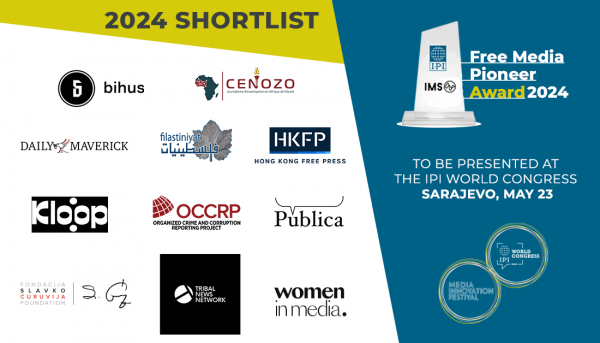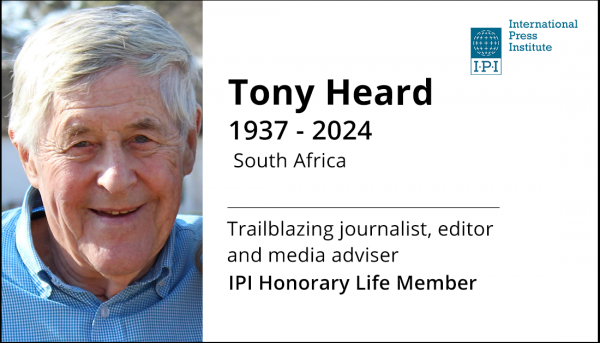It was a beautiful fall day and the trees, as they often are in the Northeast of the United States that time of year, were in full regalia, boasting vibrant yellow, gold, red and amber in the late-afternoon sun.
The day was Sept. 18, 1998, and I had just stepped onto the campus of Harvard University to attend an event that would leave a lasting impression on my 32-year-old mind.
The man I was there to see was Nelson Mandela, the president of South Africa. At the time, a special convocation was convened to bestow an honorary doctorate on Mr. Mandela. “To join George Washington and Winston Churchill as the other recipients of such an award conferred at a specially convened Convocation is not only a singular honour. It also holds great symbolic significance: to the mind and to the future memory of this great American institution, the name of an African is now added to those two illustrious leaders of the Western world,” he said.
While the Harvard honor was an indication of the stature of the man, he had made an impression on me long before.
As a student at the historically and predominantly black Howard University in Washington, D.C., I spent many afternoons protesting in front of the South African Embassy against apartheid, even spending an hour in a jail cell with other protesters. When South Africa held its first all-race elections, I was elated and proud; it was an accomplishment not just for South Africans, but for black people throughout the Diaspora.
“In these latter years of a life lived in pursuit of equality, we can at last look upon our own country as one in which citizens, regardless of race, gender or creed, share equal political rights and opportunities for development, we do so with great gratitude towards the millions upon millions all around the world who materially and morally supported our struggle for freedom and justice,” Mandela said from the podium at Harvard.
At the time, I was a senior editor at The Boston Globe newspaper and I had never been in such awe and admiration of a living person. So, it is with great sorrow that I mourn the death of the man we have come to know as Madiba. For me and my many of my generation, he embodied the very essence of freedom and the struggle against racism, poverty and disenfranchisement. He was our living Martin Luther King Jr.
Mandela was a great friend to many and today people from all walks of life, from the United States and the Caribbean, to Iceland and Madagascar, to China and Australia – politicians, entertainers, sportsmen, academics, journalists … the rich, the poor, black, white, Hispanic, Asian – will speak his name in remembrance of a man who changed not just one part of the world, but many.
Alison Bethel McKenzie is executive director of IPI.


